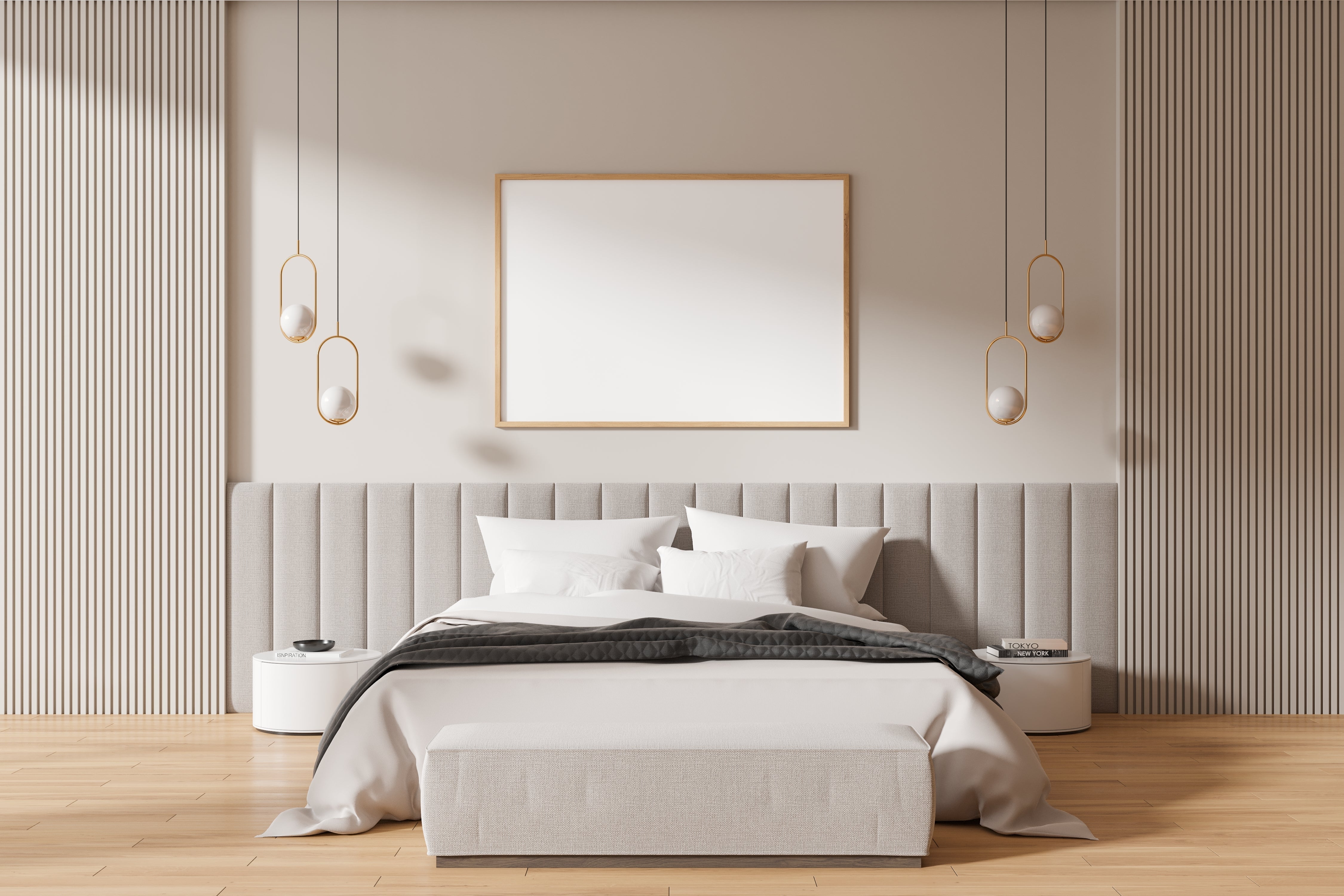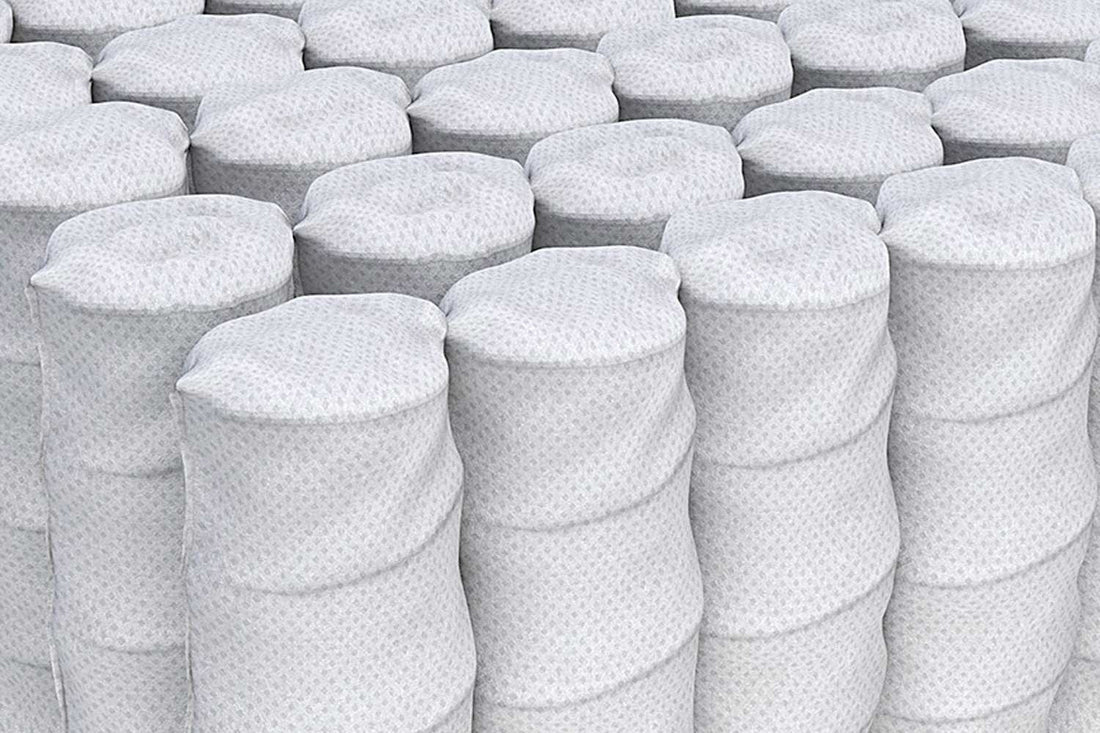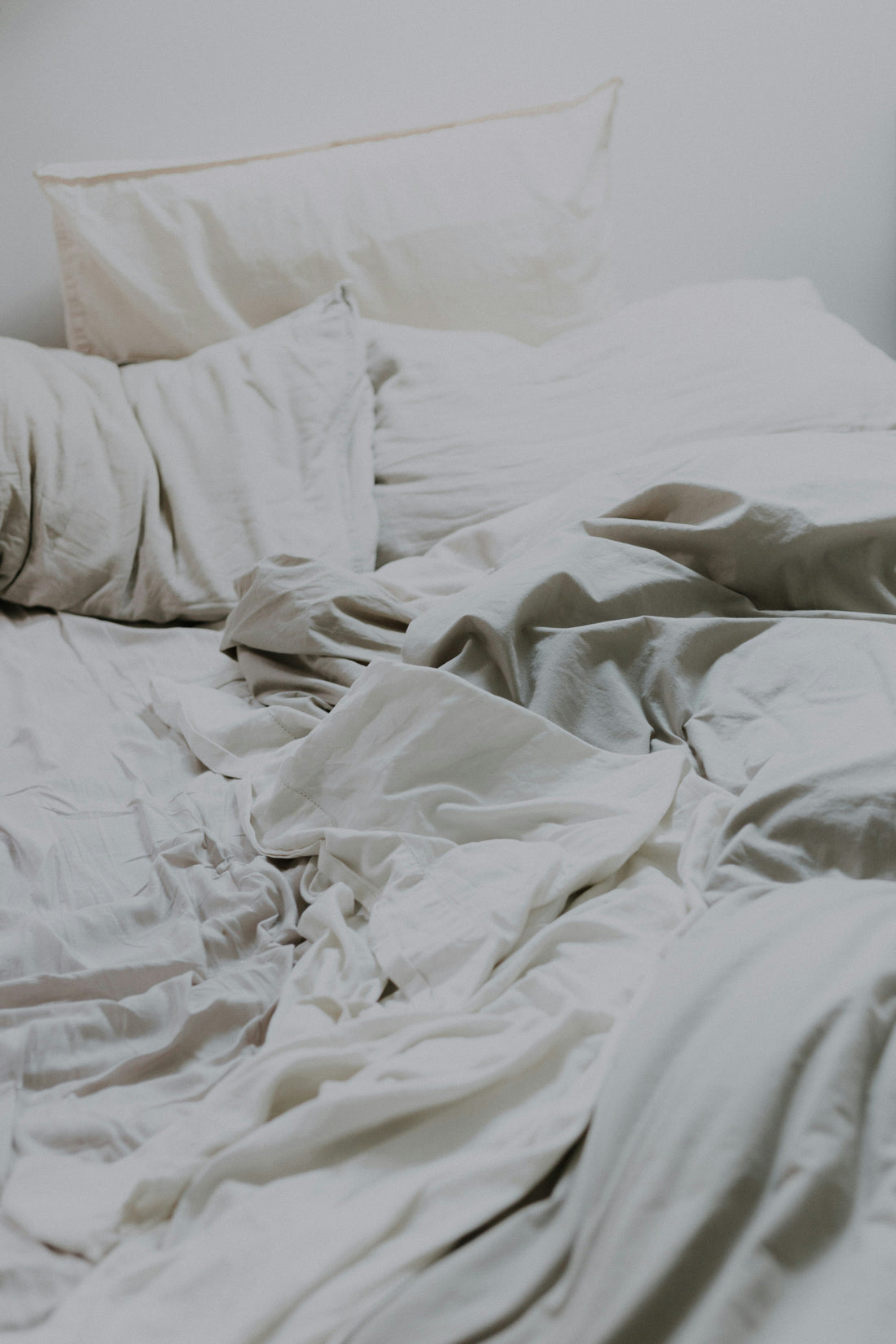News
Which Mattress Fits Your Sleep Position?
When it comes to getting a good night’s rest, your sleep position matters just as much as your bedtime routine. The right mattress can support your body in all the right places, helping reduce pressure points, improve spinal alignment, and leave you waking up refreshed instead of stiff and sore. At Dreamstar, we design mattresses with every type of sleeper in mind. If you’re a side sleeper, your shoulders and hips take on most of your body’s weight during the night. A mattress that’s to firm can create painful pressure points, while one that’s too soft won’t give enough support. That’s why medium-soft to medium mattresses, especially those with plush comfort layers like Dreamstar’s Royal Riviera are ideal. They gently cushion your joints while keeping your spine aligned. Back sleepers need a mattress that supports the natural curve of the spine without letting the body sink too deeply. A medium-firm option, like the Prestige Firm, provides the right balance: firm enough to support the lower back, yet comfortable enough to avoid tension in the shoulders. This balance helps prevent back pain and ensures you wake up feeling rested. If you switch between sleeping on your side, back, or even your stomach, you’ll want a mattress that adapts to movement without disturbing your rest. Look for responsive mattresses with pocket coil systems, which minimize motion transfer while adjusting to your body’s movements. A versatile model like the Diamond Gel offers a medium feel that works well for most positions. Choosing the right mattress isn’t about chasing trends, it’s about finding the right level of comfort and support for your unique sleep style. At Dreamstar, our wide range of mattresses is designed to suit every type of sleeper, so you can wake up every morning feeling your best. Ready to find your perfect match? Visit your nearest Dreamstar retailer and discover how the right mattress can transform your sleep.
Learn moreThe Science Behind Pocket Coils: How They Transform Your Sleep
Discover the science behind pocket coils and why they’re a game-changer for sleep. From personalized support to motion isolation and long-term durability, pocket coil technology helps you rest better — night after night.
Learn moreHow Often Should You Replace Your Mattress?
A mattress directly impacts your rest, recovery, and overall health — but even the best won’t last forever. Most should be replaced every eight to ten years to maintain comfort, support, and hygiene. Discover the signs it’s time for an upgrade and how Dreamstar Bedding can help you find the perfect match for the way you sleep.
Learn moreWhat Happens to Your Brain During Sleep? The Science Behind a Good Night’s Rest
While you sleep, your brain gets to work—cleaning itself, organizing memories, and regulating your mood. Learn what really happens in your brain during sleep and why deep rest (on a great mattress) is key to better health.
Learn moreThe Ultimate Guide to Properly Maintaining Your Mattress
A good mattress is an investment in your comfort and health. But like any investment, it requires proper care and maintenance to ensure it lasts for years to come. Neglecting your mattress can lead to discomfort, reduced lifespan, and even health issues. Whether you have a memory foam, innerspring, or hybrid mattress, here’s a comprehensive guide on how to properly maintain it: 1. Use a Mattress Protector: Prevention is key when it comes to mattress maintenance. Invest in a high-quality mattress protector to shield your mattress from spills, stains, dust mites, and other allergens. Make sure the protector is breathable to allow air circulation. 2. Rotate Your Mattress: To promote even wear and tear, rotate your mattress every 3 to 6 months. This prevents body impressions and ensures that your mattress maintains its shape and support over time. Some mattresses may require flipping as well, so check the manufacturer's guidelines. 3. Keep It Clean: Regular cleaning is essential for maintaining a hygienic sleeping environment. Vacuum your mattress every few months to remove dust, dirt, and debris. For stains, spot clean with a mild detergent and water, or use specialized mattress cleaners according to the manufacturer's instructions. 4. Air It Out: Allow your mattress to breathe occasionally by removing sheets and bedding and letting it air out in a well-ventilated room. This helps eliminate moisture and odors, keeping your mattress fresh and dry. 5. Avoid Jumping on the Bed: While it may be tempting, avoid jumping or bouncing on your mattress as it can damage the internal components and reduce its lifespan. Be gentle when sitting or lying down to prevent unnecessary strain on the mattress. 6. Maintain Proper Support: Ensure your mattress has adequate support from a sturdy bed frame or foundation. A sagging or uneven support system can cause premature wear and discomfort. Check your bed frame regularly for any signs of damage or wear and replace if necessary. 7. Watch Out for Signs of Wear: Keep an eye out for signs that indicate your mattress may need replacing, such as sagging, lumps, or visible indentations. If you wake up feeling stiff or achy, it may be time to invest in a new mattress that better suits your needs. 8. Follow Manufacturer’s Guidelines: Always refer to the manufacturer's care instructions for specific guidance on how to maintain your mattress. Different materials and constructions may have unique requirements for cleaning and care. 9. Invest in Regular Maintenance: Consider professional mattress cleaning services every couple of years to deep clean and sanitize your mattress. This can help remove deep-seated dirt, allergens, and odors, extending the lifespan of your mattress. 10. Replace When Necessary: Even with proper maintenance, mattresses have a limited lifespan. On average, mattresses should be replaced every 7 to 10 years, depending on the quality and usage. If your mattress no longer provides adequate support or comfort, it’s time to start shopping for a new one. By following these tips for proper mattress maintenance, you can ensure that your investment pays off with years of restful sleep and comfort. Remember, a well-maintained mattress is not only good for your sleep but also for your overall health and well-being.
Learn moreExploring the World of Mattresses: A Comprehensive Guide to Different Types
A good night's sleep is essential for overall well-being, and choosing the right mattress plays a crucial role in achieving that. With an array of options available, understanding the different types of mattresses is key to making an informed decision. Let's delve into the diverse world of mattresses to find the perfect match for your sleep preferences.
Learn moreExploring Mattress Myths and Truths
Hey Dreamers! Ever wondered about the mysteries that lie beneath the surface of your mattress? 🛏️ We're here to spill the beans on some fascinating facts that might just change the way you think about the foundation of your dreams.
Learn moreThe Art and Science Behind Mattress Manufacturing Process
Choosing the right mattress is an investment in your well-being. At Dream Star Bedding, we're dedicated to providing more than just a product; we offer a promise of restful nights and rejuvenated mornings. Explore our collection and let Dream Star Bedding be a part of your journey to better sleep.
Learn moreDoes caffeine affect sleep?
Whether you are a caffeine addict or completely against the coffee craze, we have all heard the age-old debate on if caffeine affects your sleep and if it should subsequently be avoided during the evening.
Learn more








